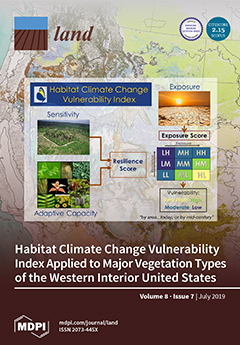Land Conservation in the Gulf of Mexico Region: A Comprehensive Review of Plans, Priorities, and Efforts
An unprecedented land conservation effort is presently underway in the Gulf of Mexico Coastal Region (GCR) due to an influx of funds from settlements related to the 2012 RESTORE Act. A complete understanding of the priorities of the states in the GCR is critical to ensure that land conservation planning efforts are implemented effectively and efficiently. The paper reviews past, current, and future land conservation priorities in the GCR to inform strategic planning efforts.




